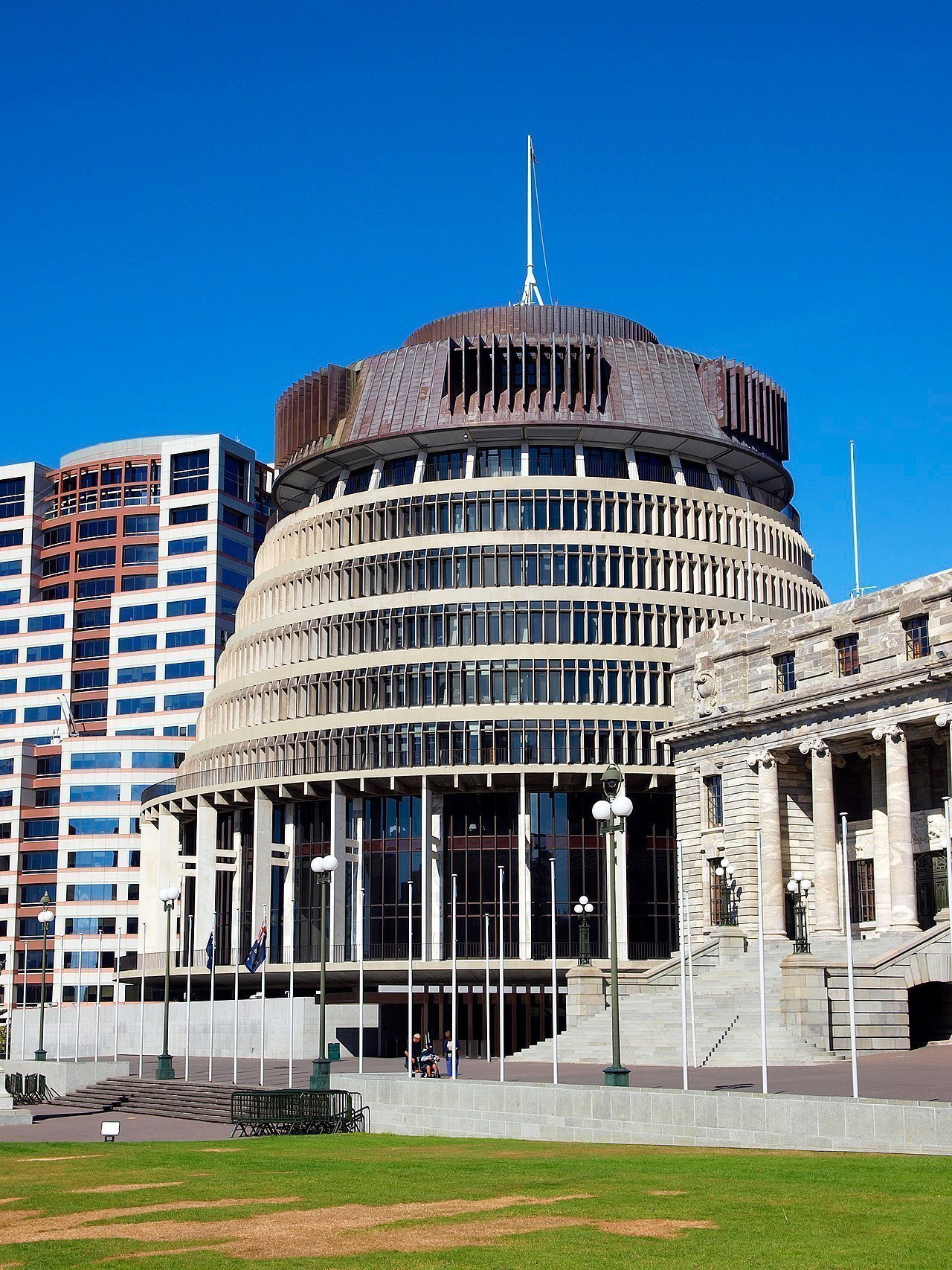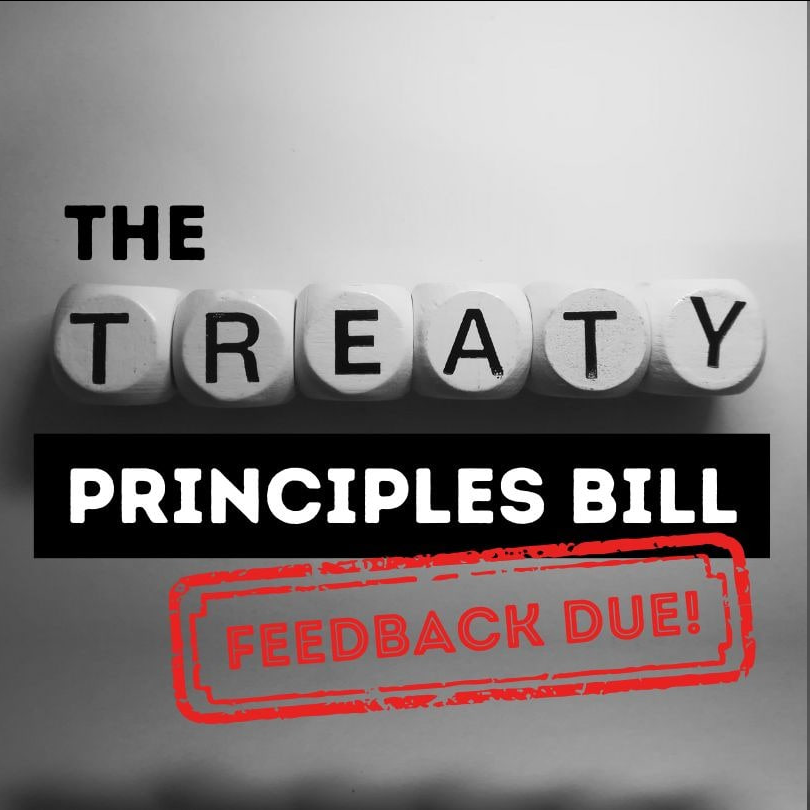For too long governments, courts, the Waitangi Tribunal, academics, and public servants have used their own interpretations of the Treaty of Waitangi to advance their own agendas.
The Treaty Principles have become a political issue because successive governments, the courts, the Waitangi Tribunal, academics and public servants have expanded the definition of the principles in a way that is not clearly articulated in the plain text of the Treaty itself.
These expanded Principles have now been referenced in multiple pieces of legislation and it is standard practice in the public service for all policy advice to include a section explaining how the proposal relates to the Treaty Principles.
The Principles have thus taken on a quasi-constitutional status, yet the public have never had input into them.
They were used as the underpinning justification for several of the previous Labour Government’s most controversial and unpopular policy initiatives that the public explicitly rejected at the last election, this includes co-governance, three waters, Maori wards, the Maori Health Authority, they also influenced the development of the new New Zealand history curriculum and conservation land reforms.















